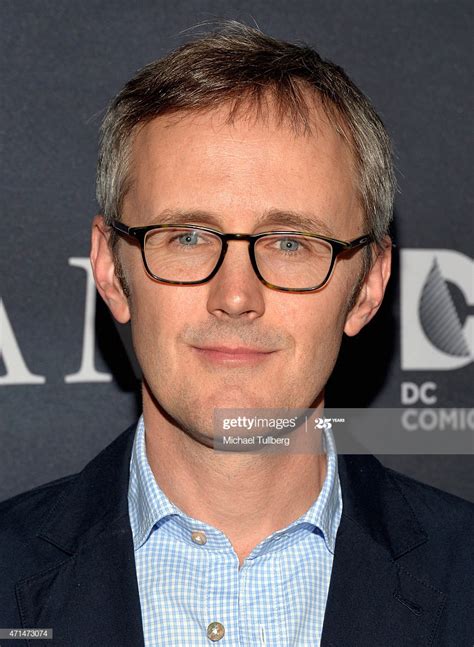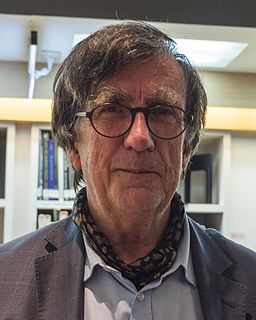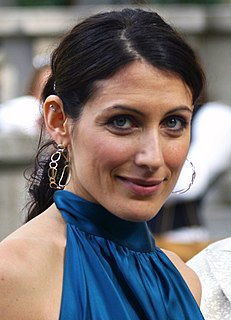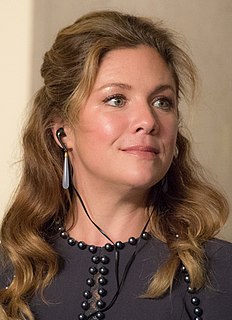A Quote by Sally Ride
For a long time, society put obstacles in the way of women who wanted to enter the sciences.
Related Quotes
Suppose you came across a woman lying on the street with an elephant sitting on her chest. You notice she is short of breath. Shortness of breath can be a symptom of heart problems. In her case, the much more likely cause is the elephant on her chest. For a long time, society put obstacles in the way of women who wanted to enter the sciences. That is the elephant. Until the playing field has veen leveled and lingering stereotypes are gone, you can't even ask the question.
We cannot create blueprint for future society, but it is good to think about that. It is good to have in mind a goal. It is constructive, it is helpful, it is healthy, to think about what future society might be like, because then it guides you somewhat what you are doing today, but only so long as this discussions about future society don't become obstacles to working towards this future society. Otherwise you can spend discussing this utopian possibility versus that utopian possibility, and in the mean time you are not acting in a way that would bring you closer to that.
In my memoir, I wanted to introduce American women to Iranian women and our lives. I'm not from the highest echelons of society, nor the lowest. I'm a woman who is a lawyer, who is a professor at a university, who won the Nobel Peace Prize. At the same time, I cook. And even when I'm about to go to prison, one of the first things I do is to make enough food and put it in the fridge for my family.
Persons, especially salaried people who schedule their spare time, to provide for home study (or attend specialized short courses, seminars or training) seldom remain at the bottom very long. Their action opens the way for the upward climb, removes many obstacles from their path, and gains the friendly interest of those who have the power to put them in the way of opportunity
Science does not enter a chaotic society to put order into it anymore, to simplify its composition, and to put an end to controversies. It does enter it, but to add new uncertain ingredients... to all the other ingredients that make up the collective experiments. When scientists add their findings to the mix, they do not put an end to politics; they add new ingredients to the collective process.
I think that popular culture takes a long time to catch up to what's actually happening in the world. Women have had to take care of themselves for quite a while. Actually, not had to take of themselves, but have wanted to take care of themselves, so I think it's a big transition that our country and our society has been going through a long time.

































